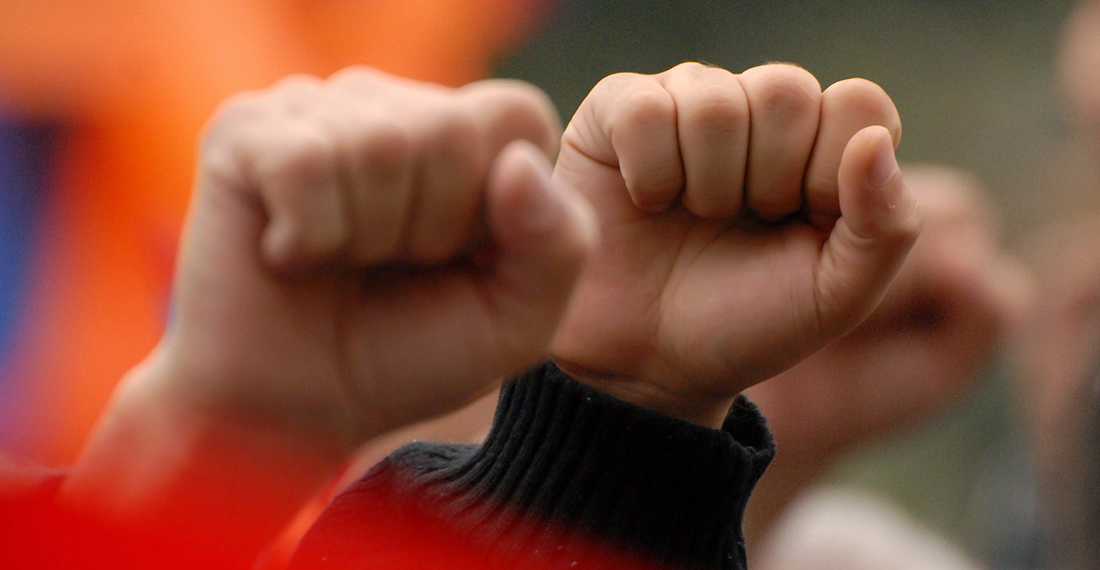Bagrat Galstanyan, the hardline cleric who led street protests against the start of border demarcation between Armenia and Azerbaijan and called for the resignation or impeachment of Prime Minister Nikol Pashinyan, has been placed in pre-trial detention for two months. More than a dozen others have also been detained, with that number expected to rise. They are accused of plotting a coup ahead of next year's parliamentary elections, following the publication by pro-Pashinyan media of an alleged seven-page document detailing the plan.
Audio recordings, allegedly featuring Bagrat Galstanyan, describe actions ranging from civil disobedience to acts of terrorism. While MPs from the ruling Civil Contract party claim Galstanyan has admitted the voice is his, the controversial cleric denies any such confirmation. The National Security Service (NSS) has also released photographs of alleged weapons caches. However, opposition figures have noted that many of the seized items are legally registered hunting rifles, and the ammunition shown includes spent shotgun shells.
Additional doubts and questions have also surfaced. In the document published online by a pro-Pashinyan outlet, the opening sentence was crudely redacted using a simple strip of white paper. However, photographs released by the National Security Service (NSS) reveal that the concealed text dates the alleged coup between late June and late September of last year. This contradicts earlier claims by government officials and pro-government media, who had presented the plot as being planned for this year.
It remains unclear whether the coup plan is genuine, but it has not been uncommon for such plots during previous elections. In 2022, some alleged that the opposition planned to seize government buildings but could not reach a consensus in order to do so. It is also possible that the plot was intended to be carried out last year when Galstanyan, and the head of the opposition ARF-Dashnaktsutyun, Ishkhan Saghatelyan, attempted to rush the Armenian National Assembly in early June last year, but their supporters were dispersed instead.
But despite the allegations, no coup attempt ever took place. Nonetheless, the government this week controversially compared the alleged plot to the 27 October 1999 terrorist attack on parliament, which left eight people dead, including the prime minister and speaker. Yet, there have so far been no reports of increased security measures at potential targets in the capital. This has led some critics to suggest that the coup narrative is being used by Prime Minister Pashinyan to detain and silence political opponents ahead of next year’s elections.
The arrests come just a week after Russian-Armenian businessman Samvel Karapetyan was also detained on suspicion of planning a coup, itself part of an ever-escalating clash between Pashinyan and Catholicos Karekin II. It is anyway likely that Karapetyan would have played a role in the opposition’s latest attempt to remove Pashinyan from power. In the mid-2010s, he was among three Russian Armenian businessmen named as likely instrumental in removing former president Serge Sargsyan from power on behalf of his predecessor, Robert Kocharyan, and by Moscow. The other two businessmen were Ara Abramyan and Ruben Vardanyan, the latter now on trial in Baku.
Karapetyan’s arrest also proved convenient, given his control over the Electricity Network of Armenia, which he acquired in 2015 by purchasing the majority stake from Russia’s Inter RAO. Armenia’s reliance on Moscow for energy remains one of Prime Minister Pashinyan’s key vulnerabilities particularly during the winter months before heading into the upcoming election. Some critics argue that the arrest is less about justice and more about sending a strong signal to other wealthy businessmen who might consider backing the opposition.
Pashinyan has also sets his sights on the country’s first post-independence leader, Levon Ter-Petrosyan. In another post made on Facebook this week, he described the man hitherto often referred to as his “mentor” as a “liar, a gossip, [and] a narcissist.” In response, Ter-Petrosyan’s right-hand man in the Armenian National Congress (ANC), Levon Zurabyan, labelled Pashinyan and his wife, Anna Hakobyan, an “ignorant and blind, arrogant and greedy, couple.”
That is not to say that the fear of clashes or a coup attempt are unfounded. Media this week reminded audiences of numerous such foiled plots since Pashinyan came to power in 2018. But it is also just as possible that Pashinyan is attempting to neutralise his political opposition before next year’s elections. Some civil society actors increasingly warn of democratic backsliding in the country and increased pressure on critical media. Others simply charge that the country is becoming more authoritarian.
As has been clear for some time, the 2026 elections are likely to be existential in nature. At stake is not just the future of all those involved but also the country’s geopolitical orientation and relationship with its neighbours, particularly Azerbaijan and Turkiye. It is likely that more arrests will follow while the political temperature rises closer to boiling point. What little social cohesion remains in the country will be tested to the limit. And with neither the government nor the opposition commanding large support, many will be left in-between.
It is imperative that the sides avoid violent confrontation on the streets at all costs. That, however, currently seems unlikely.







